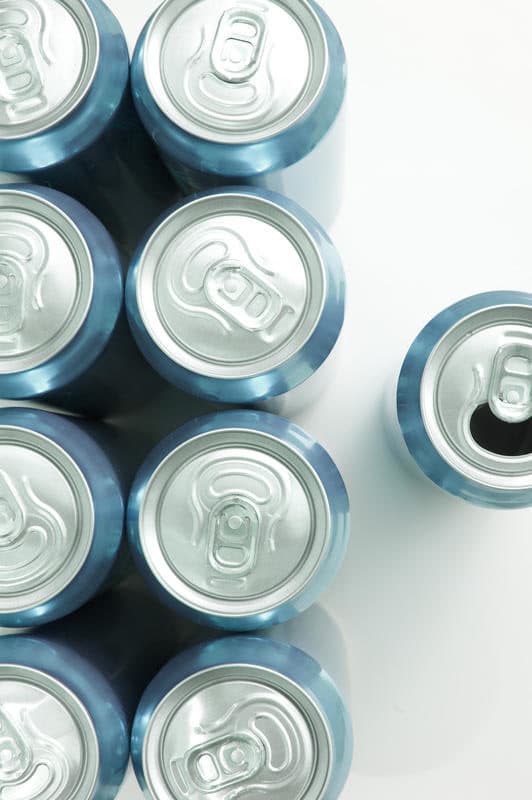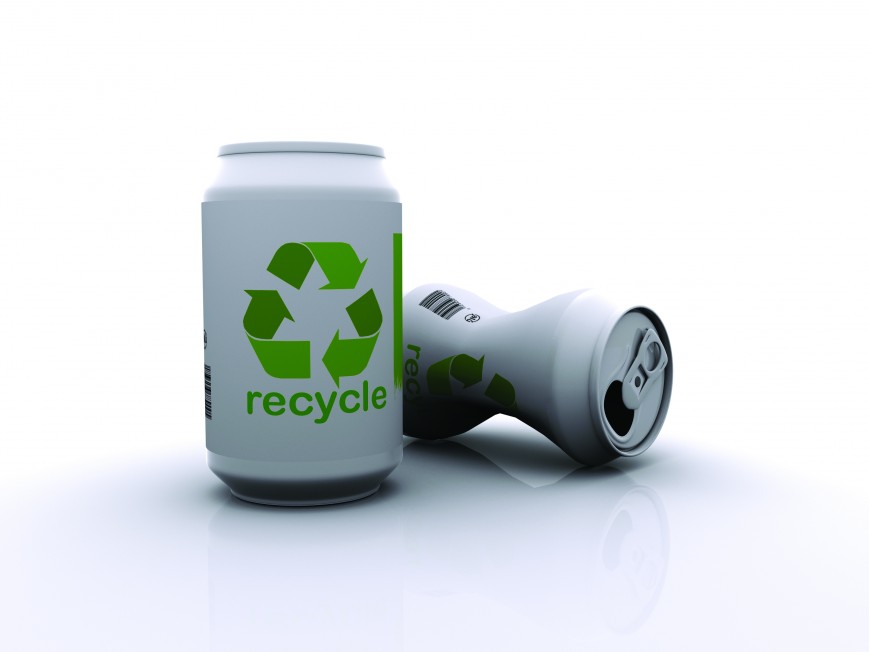

However, those caps should be separated from the cans. Aerosol cans typically have plastic caps, which you can also recycle.All metal lids are recyclable, and you can place them inside. Biscuit lids are accepted, so you do not have to throw them away if you plan to recycle the tin can.If you have food tins, make sure that you have removed the tin lids or at least placed them inside the can securely before collection.Some recycling facilities do not accept soup cans with BPA.Īre you ready to recycle cans? Here are ways to ensure that you’re recycling them correctly: You can also search on Google where you can drop off these cans, but make sure you mention what type of cans you have. Get recommendations on how you can recycle and reuse the cans. If you now have a massive collection of soup tin cans, the best thing that you can do is to talk to your local council. Soup cans are believed to have bisphenol-A or BPA, a type of plastic that affects fertility negatively. This coating is responsible for keeping soup fresh while preventing can corrosion. However, there is a consensus to avoid reusing soup cans because they contain a tin coating. Unfortunately, the answer remains unclear – for now.

These cans are made of steel or tin, which means you should be able to recycle them, right? Currently, there is no clear regulation when it comes to recycling soup cans. You’re probably wondering why soup cans are not in both lists, even though they are fairly common all around the country. You may be looking for soup cans in the lists above. Metal containers of any product with chemicals, such as paints and engine oils.

Laminated foil from various products like cat food.Meanwhile, some of the metal items, which recycling centres do not accept are: Some toothpaste products have tubes made of aluminium. Let’s start with the ones that can be recycled and reused, which are cans that contained:Īside from the ones listed above, you can also recycle other metal items, such as aluminium foil and foil trays. While it is true that you can recycle cans, certain types are not recyclable. It makes sense to know what you can and cannot recycle when dealing with cans. Technically, they’re not wrong because tin is made from steel, and the product is coated with tin. In general, when people talk about steel cans, they mean tin cans. Steel is heavily recycled all over the world. Steel or tin cans, as well as aluminium cans, are often accepted. They are even safe to dispose of straight into a rubbish bin if you hire one. Food cans generally are put under pressure depending on the food type, while beverage cans are either pasteurised or sterilised. Without the layer, it prevents the darkening of the fruits and flavour changes.įood and beverage cans undergo a different sterilisation process. Tin cans, however, do not have internal coatings if they are used for light-coloured juices, particularly acidic ones like peaches, pears, and pineapples. These coatings are typically applied before forming the cans.

Most cans, regardless of the material used and produced, are coated inside and outside with films.


 0 kommentar(er)
0 kommentar(er)
